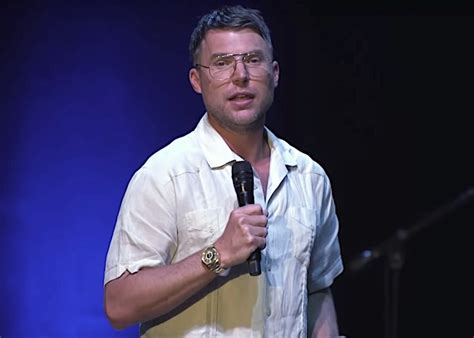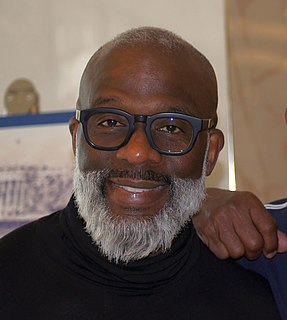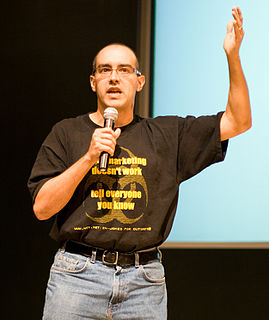A Quote by Judah Smith
But difficult situations and wrong choices conspire to trap us in hopelessness.
Quote Topics
Related Quotes
As a rider, you must slowly and methodically show your horse what is appropriate. You also have to discourage what's inappropriate, not by making the inappropriate impossible, but by making it difficult so that the horse himself chooses appropriate behavior. You can't choose it for him; you can only make it difficult for him to make the wrong choices. If, however, you make it impossible for him to make the wrong choices, you're making war.
When things go wrong in our life and we encounter difficult situations, we tend to regard the situation itself as our problem, but in reality whatever problems we experience come from the side of the mind. If we were to respond to difficult situations with a positive or peaceful mind they would not be problems for us; indeed, we may even come to regard them as challenges or opportunities for growth and development. Problems arise only if we respond to difficulties with a negative state of mind. Therefore, if we want to be free from problems, we must transform our mind.
In life, everybody faces choices between doing what's popular, easy, and wrong vs. doing what's lonely, difficult, and right. These decisions intensify when you run a company, because the consequences get magnified 1,000 fold. As in life, the excuses for CEOs making the wrong choice are always plentiful.
Barring extreme physical and mental disabilities, each and every one of us is where we are today -- be it poor or wealthy, happy or sad, on the streets or in a condo, in a Mercedes or a rusted-out Pinto -- because of the choices we have made during our lives. It's the choices we have made that put us where we are, not the choices others have made for us.
Shane Salerno and I adapted my book Savages together, and I learned a lot about adaptation. I think it's an extremely difficult thing to do; adaptation might even be more difficult than writing an original screenplay. It's so much a matter of choices, making choices of what to leave in. It was an education.




































